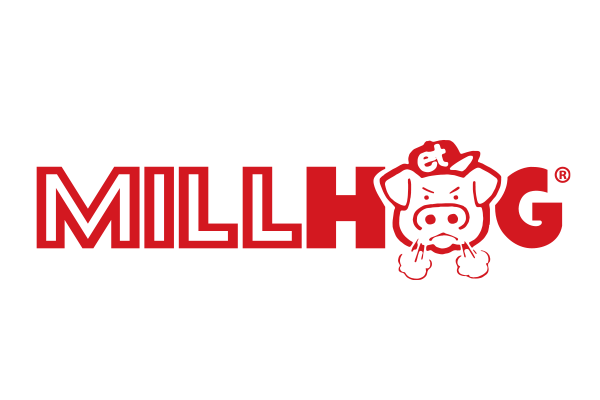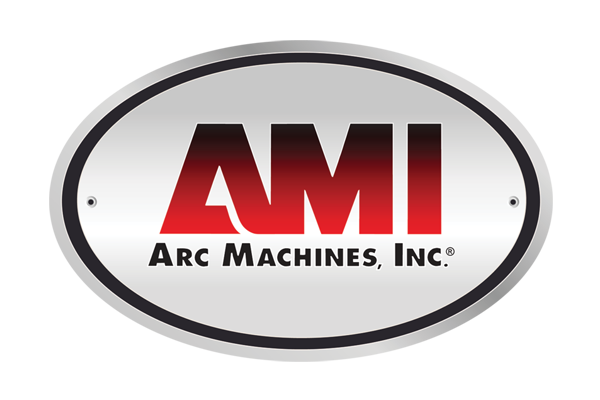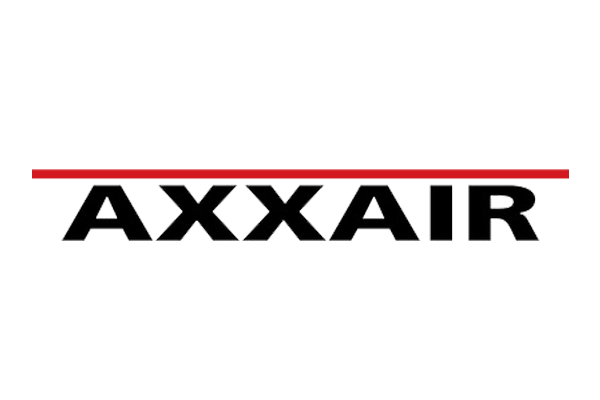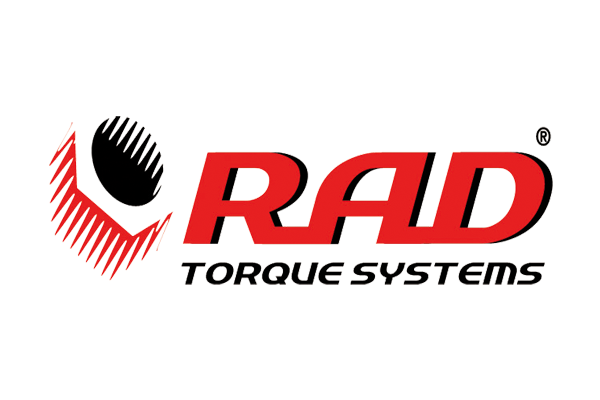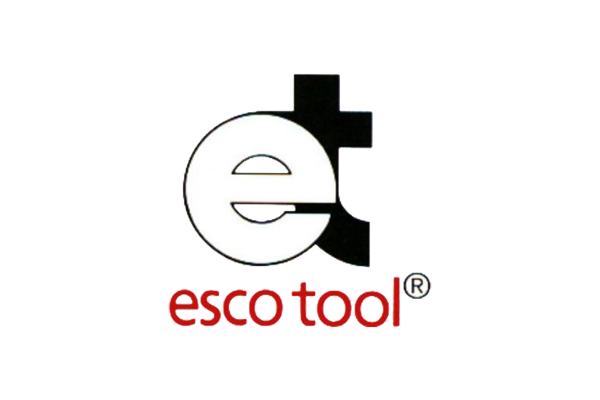7 Tips To Help You Start a Successful Welding Business
Starting a welding business can be lucrative for those passionate about fabrication and knowledgeable about craftsmanship. Welding services are in constant demand as the backbone of various industries, including construction, automotive, and manufacturing. However, transforming your welding skills into a successful business requires more than just technical know-how. It involves strategic planning, understanding market needs, and effective management.
Let’s look at seven tips to help you start a successful welding business and achieve long-term success. Whether you’re an experienced welder aiming to branch out or just starting in the trade, these insights will help you navigate the challenges of entrepreneurship in the welding industry.
Develop a Comprehensive Business Plan
Creating a comprehensive business plan is crucial for the foundation of your welding business. This plan should detail your business’s mission, target market, competitors, and financial goals. Begin by outlining your services and identifying your target clientele—local construction companies, automotive repair shops, or custom fabrication projects for individual clients. Conduct a thorough market analysis to understand your area’s demand for welding services and identify potential competitors.
Your business plan should include a financial projection covering startup costs, pricing strategies, expected revenue, and break-even analysis. This document will serve as a roadmap for your business’s growth and a persuasive tool when seeking funding from investors or lenders. Remember, a well-thought-out business plan is a stepping stone to achieving long-term success in the welding industry.
Obtain the Necessary Certifications and Licenses
Acquiring the appropriate certifications and licenses is critical in establishing credibility and legal compliance for your welding business. Welding certifications, often offered by recognized institutions such as the American Welding Society (AWS), validate your skills and knowledge, making your services more attractive to potential clients.
Depending on your location, you may need specific business licenses and permits to operate legally. It’s vital to research your area’s requirements or consult a legal expert to ensure that all necessary paperwork is in order. Failure to obtain the correct licensing can lead to fines, business closure, or even legal action. Therefore, prioritizing this step protects your business and boosts your reputation in the industry.
Invest in High-Quality Equipment
Investing in high-quality welding equipment is essential for delivering outstanding services and ensuring the safety and efficiency of your operations. Begin by acquiring reliable welding machines that can handle the jobs you’ll be undertaking, whether it involves light residential work or heavy industrial projects. Investing in durable safety gear, including helmets, gloves, and protective clothing, is non-negotiable to uphold safety standards.
Equally important is selecting tools and accessories such as clamps, grinders, and cutting equipment, which will aid in precision and efficiency. Remember, quality equipment might require significant initial investment, but it pays off in the long run through improved productivity, reduced downtime, and customer satisfaction. Always weigh the cost against the benefits and durability of the equipment.
Foster Strong Relationships with Suppliers
Building robust relationships with suppliers ensures a steady supply of high-quality materials and equipment at competitive prices. These relationships can provide leverage in negotiations, access to volume discounts, and insights into the latest industry trends and technological advancements. Start by identifying and connecting with reliable suppliers who consistently meet your needs.
Communicating your business goals and expected growth can help suppliers better understand how to support your venture. Additionally, consider diversifying your supplier list to mitigate risks associated with supply chain disruptions. Maintaining open, honest communication and paying invoices on time can develop strong, long-term partnerships supporting your welding business’s success and scalability.
Establish a Strong Brand and Online Presence
Establishing a strong brand and online presence is imperative for leading businesses aiming for success in today’s digital age. Begin with creating a professional logo that reflects the quality and nature of your services, symbolizing your business’s values and commitment to excellence. A user-friendly, informative website is crucial, serving as the digital front door to your business, showcasing your services, previous projects, testimonials, and contact information.
Equally important is leveraging social media platforms to engage with your audience, share useful content, and promote your services. Platforms such as Instagram and LinkedIn are particularly effective for visual industries, allowing you to showcase your craftsmanship and projects visually. This digital strategy enhances brand visibility and facilitates networking, customer engagement, and business growth opportunities.
Offer Competitive Pricing and High-Quality Service
Competitive pricing and high-quality service are paramount in distinguishing your welding business in a crowded market. To set the right prices, comprehensively analyze your costs, including materials, labor, overhead, and equipment depreciation. This step ensures that your pricing covers your expenses while offering value to your clients. Furthermore, competitors’ pricing strategies that you should consider, aiming to provide superior value at a competitive rate.
High-quality service is equally critical for building a reputation and fostering customer loyalty. This service encompasses not only the technical excellence of your welding work but also your professionalism, responsiveness to client inquiries, and ability to deliver projects on time and within budget. Strive to exceed expectations with each project, seeking feedback to continually improve and adapt your services. Prioritizing customer satisfaction can lead to repeat business, referrals, and a solid foundation for long-term success.
Continuously Learn and Adapt to Industry Changes
Like many others, the welding industry is subject to constant technological and technological advancements. It is crucial to stay informed about the latest trends, techniques, and technologies and ensure the longevity and competitiveness of your welding business. This step might involve attending industry workshops, subscribing to trade publications, and pursuing further certifications that can enhance your skillset and services.
Additionally, exploring new markets and applications for welding can uncover opportunities for business growth and diversification. Being adaptable and proactive in learning positions your business as an industry leader and attracts clients looking for innovative and up-to-date welding solutions. Prioritizing continuous education and adaptation is essential for thriving in the dynamic world of welding.
Starting a successful welding business goes beyond mastering welding techniques; it encompasses a broad spectrum of strategic planning, legal compliance, investment in quality, and a commitment to continuous learning. By diligently following these seven tips, you are laying a solid foundation for your business and positioning yourself for long-term success in a competitive marketplace.
If you need an integrated pipe spool welding machine to kickstart your welding business, SEC Industrial can provide customized solutions. Contact us today to discuss how we can help your venture achieve success.


